Environment
Beyond Tiny Homes: Sustainable Living In The 21st Century
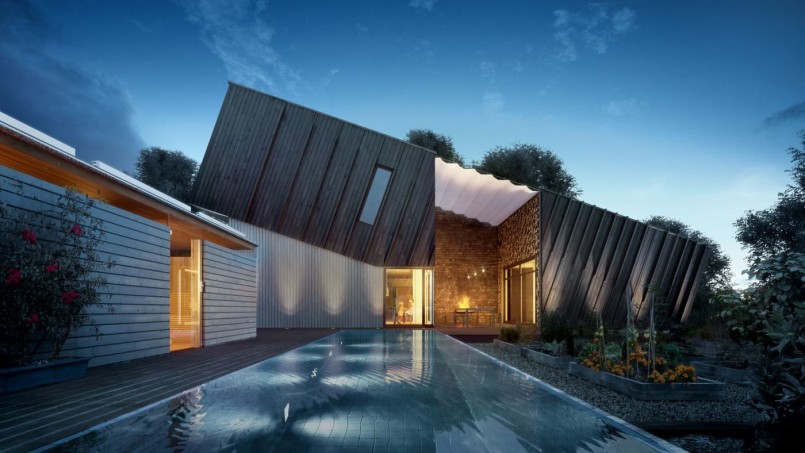
Image: ZEB Pilot house
Beyond Tiny Homes: Sustainable Living In The 21st Century
With global warming becoming an ever more evident threat to the earth, people are rethinking their living patterns. While the trend throughout the past fifty years has previously been to build houses as large as possible, the last decade has seen an increasing number of people thinking about downsizing in order to minimize their consumption of the Earth’s resources. Here are five elements to strive for when trying to live sustainably.
Conserve Resources
The Tiny House Movement is an attempt to get people to consider how much they really need when building a home. People can get by with remarkably little if they try. That’s why people have been striving to build homes that are as small as possible but far from uncomfortable. Here are some examples.
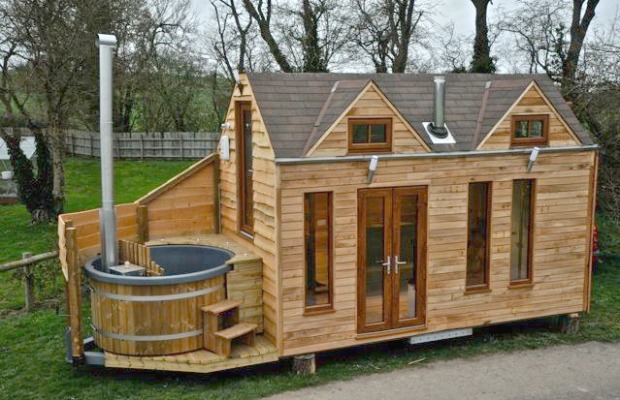
Image: House Beautiful.com
This tiny house has it’s own wood-fired hot tub.
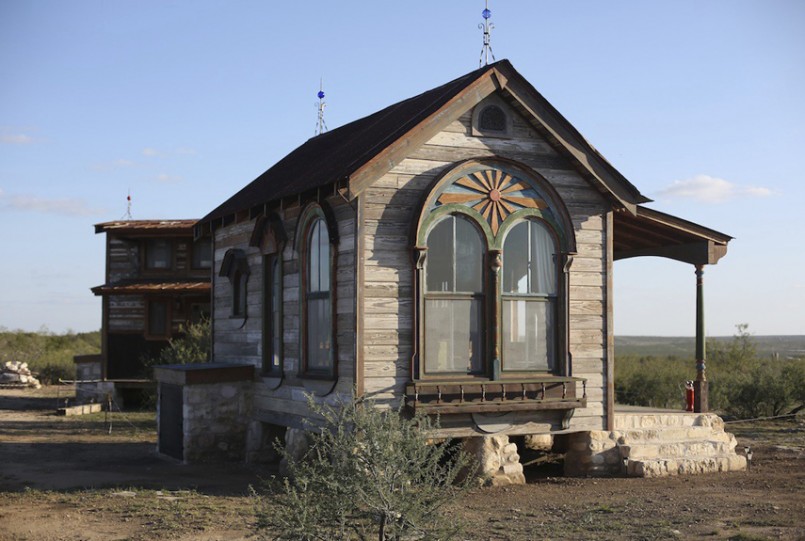
Image: puresalvageliving
This old west inspired house is made from 80% recycled materials.
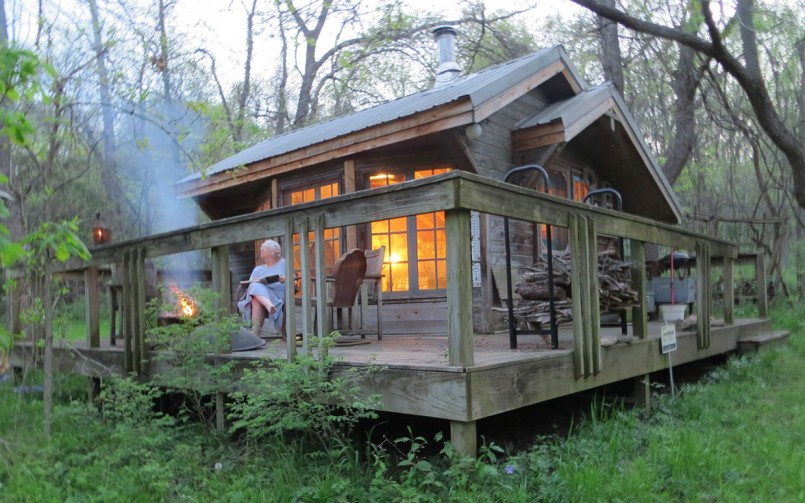
Image:theshelterblog.com
Tiny homes are designed to eliminate clutter and provide more balance with the natural world than massive McMansion style homes. Obviously, they have their drawbacks. For instance, anyone moving into a home that size should not be planning on having kids anytime soon. But for someone who doesn’t want to waste any space if they can help it, the tiny home can be a great way to conserve resources.
Balance With Nature
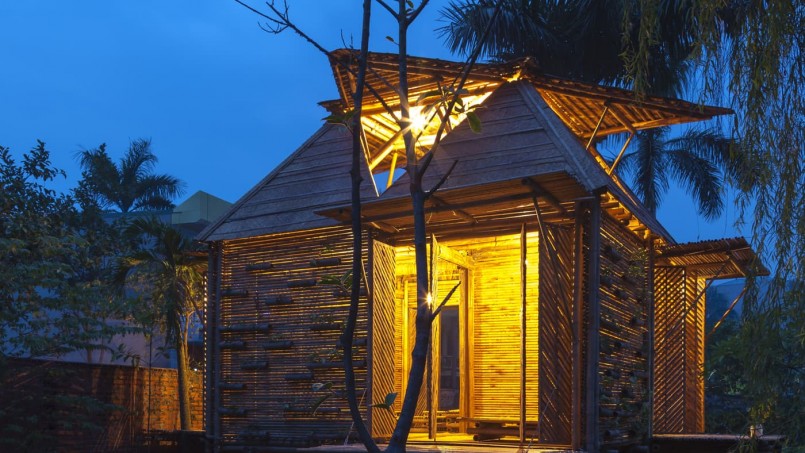
Image:Doan Thanh Ha/H&P Architechts
An important element of sustainable living is not only a careful application of resources but an attempt to live in harmony with nature. Structures should take advantage of abundant materials and strive to blend into the natural landscape. These Bamboo homes from Vietnam are designed to provide affordable living to families while also harmonizing with their surroundings.
They are built from local bamboo and designed to withstand flooding up to ten feet. They can even grow vegetables in containers on the outside of the house.
Repurposed
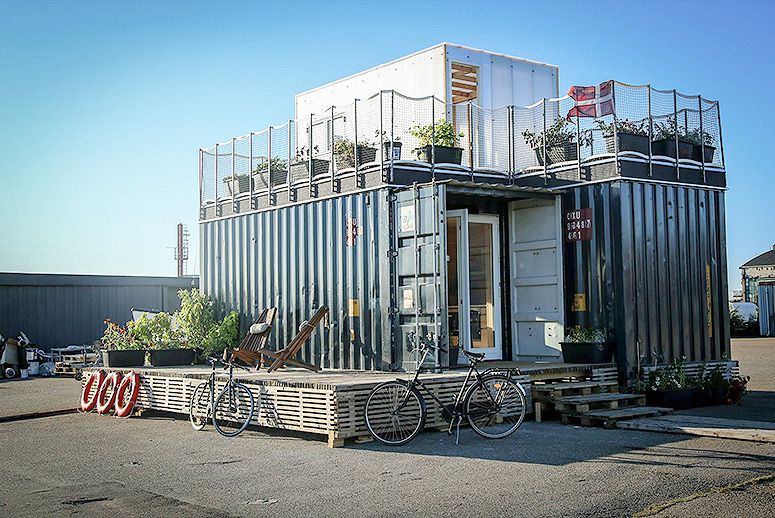
Image: takepart.com
Another important element of living sustainably is being able to repurpose existing materials. This home in Denmark uses repurposed shipping containers to provide affordable, cozy housing. These sorts of steel containers are used to ship things all over the world, and as a result are bountiful and cheap. If repurposed their rigid and modular construction allows them to serve as great homes.
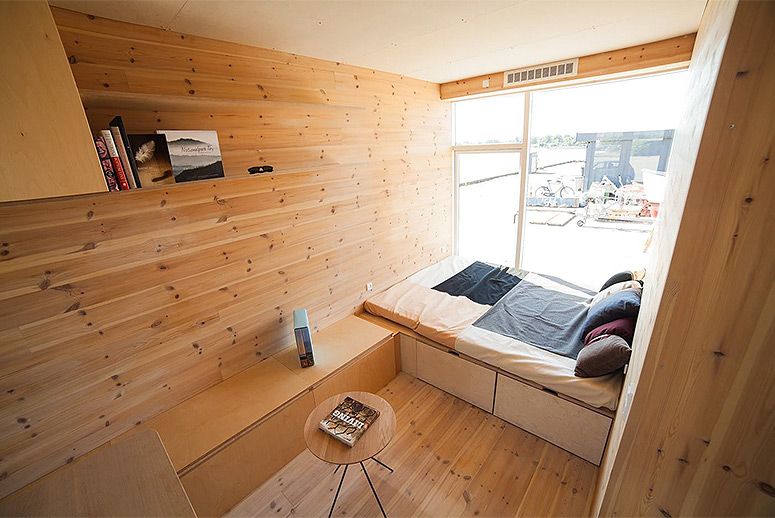
Image:Takepart
The idea behind the project is to make these container homes available to students who have trouble finding other affordable places to live. The architectural firm behind them in Denmark hopes that these sorts of repurposed homes will lead to lower prices for everyone in terms of rent.
Sustainable
Many devotees of sustainable living strive to make their homes as self-reliant as possible. The ultimate goal for many is to create a home that actually produces more resources than it consumes. This pilot house by an international architectural firm does just that.

Image: ZEB Pilot house
Through a combination of energy efficiency and renewable energy collectors, the house actually produces three times as much energy as it consumes, which it can then sell back to the power grid in order to offset the cost of home maintenance.
Efficient
When seeking to achieve efficiency, it is important to consider the sort of resources in both material and labour that go into building a home. It can be as resource intensive to have dozens of machines and laborers driving to the site every day as it can in terms of raw materials. This prefabricated house seeks to address the issue of labor by selling a house that can be put together in four days with nothing but an electric screwdriver.
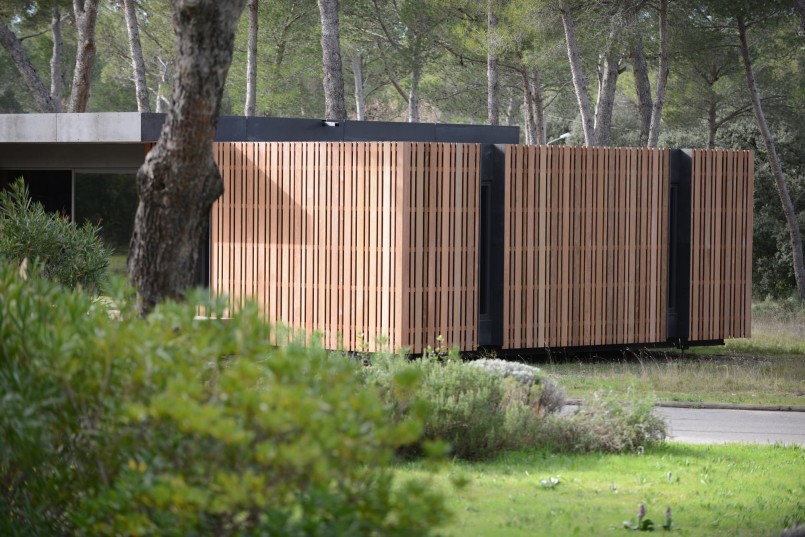
Image: Elisabeth Montagnier
The fact that the house is largely made up of insulating materials means that it doesn’t require heating in many climates, further increasing its efficiency.
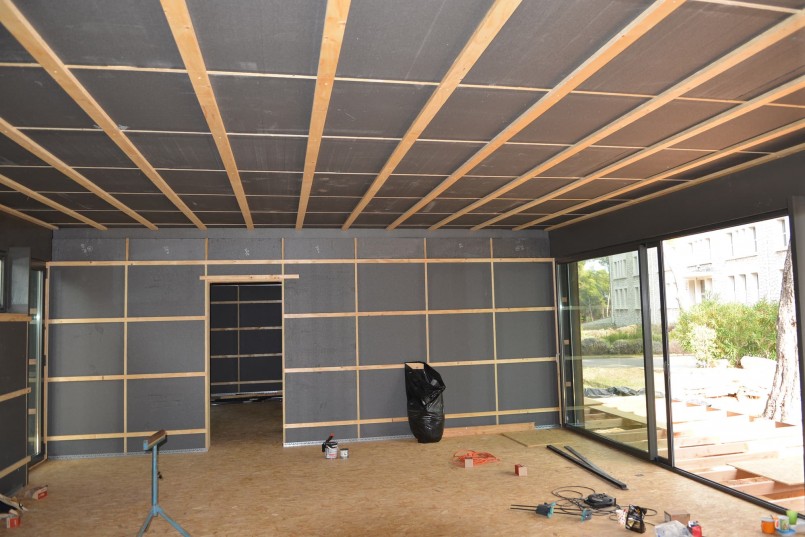
Image: Elizabeth Mantagnier
As we move into the future, and the growth of human populations make resources increasingly scarce, it will become more and more essential that we all take responsibility for limiting our consumption patterns. And downsizing the way we live is going to be the first step.





0 comments